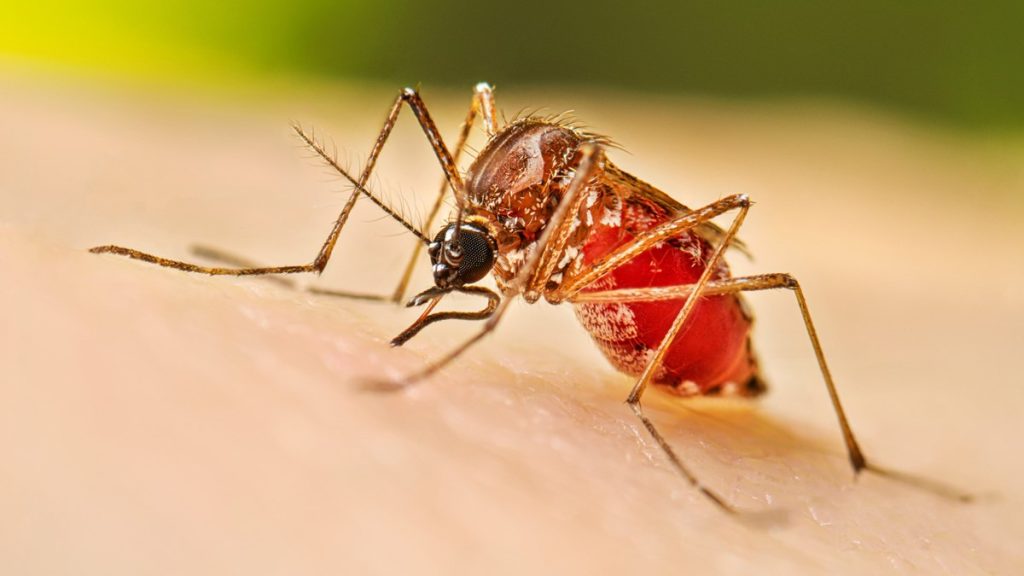Dengue is one of the most rapidly spreading mosquito-borne diseases in the world, especially in tropical countries like Bangladesh. Every year, thousands of people suffer from this illness, and many even lose their lives. Caused by the bite of the Aedes mosquito, dengue has become a major concern for public health authorities, particularly during the monsoon and post-monsoon seasons when mosquitoes breed in stagnant water. The disease spreads quickly in densely populated urban areas, often resulting in widespread outbreaks.
In Bangladesh, dengue cases increase significantly during the rainy season when water collects in containers, drains, and construction sites—creating ideal breeding grounds for mosquitoes. Schools, hospitals, and residential areas are often affected. The symptoms of dengue range from high fever and severe headache to muscle pain, skin rashes, and bleeding in severe cases. Early diagnosis and proper medical care are essential to prevent complications.
Writing a dengue paragraph helps students understand the causes, symptoms, effects, and prevention methods of this life-threatening disease. It also raises awareness about the importance of cleanliness, public hygiene, and health education in controlling mosquito-borne diseases.
Causes and Symptoms of Dengue

Dengue is caused by the dengue virus, which is transmitted to humans through the bite of infected female Aedes mosquitoes, primarily Aedes aegypti and Aedes albopictus. These mosquitoes are active during the daytime, especially in the early morning and late afternoon. Unlike other mosquito species, Aedes mosquitoes breed in clean, stagnant water found in flower pots, buckets, tires, and uncovered water tanks. Urban areas with poor drainage systems and improper waste disposal are particularly vulnerable.
Once a person is bitten by an infected mosquito, the virus enters the bloodstream and causes a variety of symptoms. The most common symptoms of dengue include high fever, severe headache, pain behind the eyes, joint and muscle pain, and skin rashes. Some people may also experience nausea, vomiting, and fatigue. These symptoms usually appear 4–10 days after the mosquito bite and can last for up to a week.
In more severe cases, dengue can lead to Dengue Hemorrhagic Fever (DHF) or Dengue Shock Syndrome (DSS), which are life-threatening. These conditions involve internal bleeding, low blood pressure, organ failure, and in some cases, death. Children, the elderly, and those with weak immune systems are at higher risk of developing severe symptoms.
Understanding the symptoms and causes of dengue is crucial for early diagnosis and treatment. When writing a dengue paragraph, students should highlight these health risks to promote awareness and prevention in their communities.
Prevention and Control Measures

Since there is no specific medicine or vaccine for dengue in most countries, prevention is the best cure. The first step in preventing dengue is controlling the population of Aedes mosquitoes. This can be done by removing stagnant water from containers, flower pots, buckets, and unused tires. Water tanks and barrels should be tightly covered, and mosquito repellents should be used, especially during the day when Aedes mosquitoes are most active.
Wearing full-sleeved clothing, using mosquito nets, and keeping windows and doors closed with screens can also reduce the chances of mosquito bites. Using mosquito coils, electric repellents, or aerosol sprays during peak mosquito hours is also effective.
Community involvement plays a crucial role in dengue prevention. Schools and local organizations should run cleanliness drives and awareness programs. People must be educated on the dangers of mosquito breeding and the importance of reporting symptoms early.
Local governments and city corporations need to take responsibility by cleaning drains, clearing garbage, and regularly spraying insecticides in high-risk areas. Media outlets, especially television and social media, can also play an important role in spreading awareness.
When students write dengue paragraph, including these prevention tips shows their understanding of the practical steps individuals and communities can take to protect themselves.
Dengue Paragraph For SSC (150 Words)
Dengue is a dangerous mosquito-borne disease that affects many people in Bangladesh, especially during the rainy season. It is caused by the bite of the Aedes mosquito, which breeds in clean, stagnant water. The main symptoms include high fever, severe headache, joint pain, and skin rashes. In severe cases, it can lead to bleeding and even death. There is no specific treatment for dengue, so prevention is very important. People should keep their surroundings clean, remove water from containers, and use mosquito nets or repellents. Schools and communities should also organize awareness programs. Early detection and proper care can save lives. Writing a dengue paragraph helps students understand the importance of cleanliness and health awareness in preventing this deadly disease.
Dengue Paragraph For HSC (200 Words)
Dengue is a viral disease that has become a serious public health issue in Bangladesh, particularly during the monsoon season. It is transmitted by the bite of infected Aedes mosquitoes, which breed in clean, stagnant water. Common symptoms of dengue include high fever, severe body pain, headache, and skin rashes. In more severe cases, it may cause internal bleeding, organ failure, or even death. There is no specific antiviral medicine for dengue, which makes prevention the only effective way to control its spread.
Public awareness and cleanliness are key to preventing dengue outbreaks. People should remove sources of stagnant water around their homes, wear protective clothing, and use mosquito repellents. Communities should organize regular cleanup campaigns and the government should conduct fumigation drives in mosquito-prone areas. Media campaigns can also help spread awareness. Hospitals need to be prepared with enough beds and staff to handle outbreaks.
The impact of dengue is not only physical but also financial and emotional, as families struggle to afford treatment and suffer stress. Writing a dengue paragraph for school exams allows students to understand the dangers of the disease and the importance of community participation in prevention.
FAQs
Q1: What causes dengue fever?
A: Dengue is caused by a virus that is spread through the bite of an infected Aedes mosquito.
Q2: What are the common symptoms of dengue?
A: Symptoms include high fever, severe headache, body aches, skin rashes, and in severe cases, internal bleeding.
Q3: How can we prevent dengue?
A: By keeping surroundings clean, removing stagnant water, using mosquito repellents, and wearing full-sleeve clothes.
Q4: Is there a vaccine for dengue?
A: In some countries, vaccines are available, but in Bangladesh, prevention through awareness and cleanliness is most effective.
Q5: Why is dengue more common during the rainy season?
A: The Aedes mosquito breeds in stagnant rainwater, which increases during the monsoon season.
Conclusion
Dengue continues to pose a serious threat to the health and well-being of people in Bangladesh and many other tropical countries. With no specific cure available, prevention remains the most powerful weapon against this disease. Simple measures like keeping the surroundings clean, avoiding water stagnation, and spreading awareness can go a long way in saving lives. It is not only the job of the government but also the responsibility of every individual to take dengue seriously and work together to stop its spread.
For students, writing a dengue paragraph is not just an academic exercise but also a way to understand their role in public health. Through writing and awareness, the younger generation can contribute to creating a cleaner and safer society for all.
